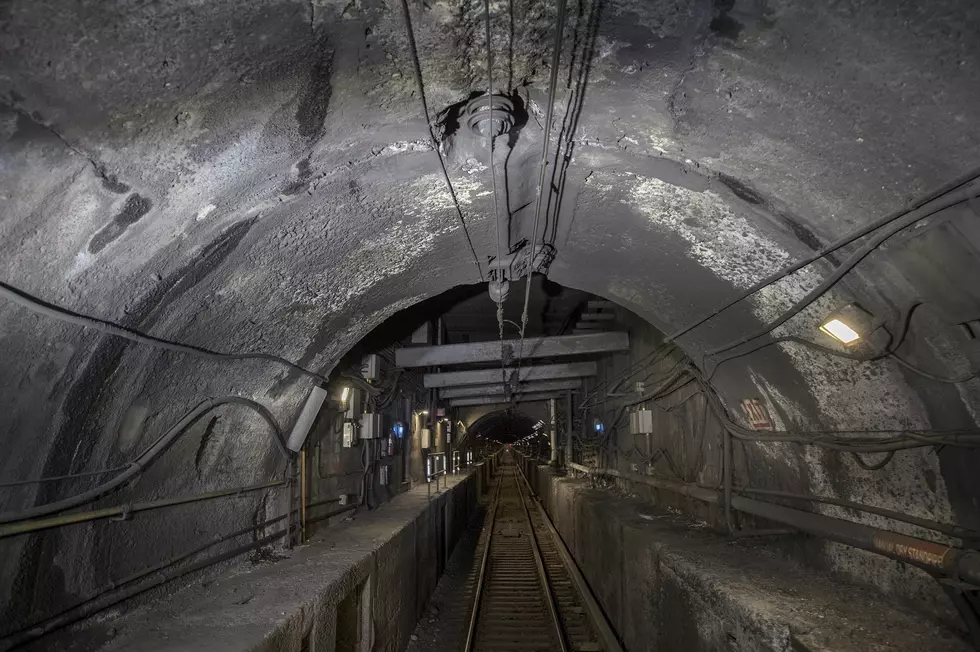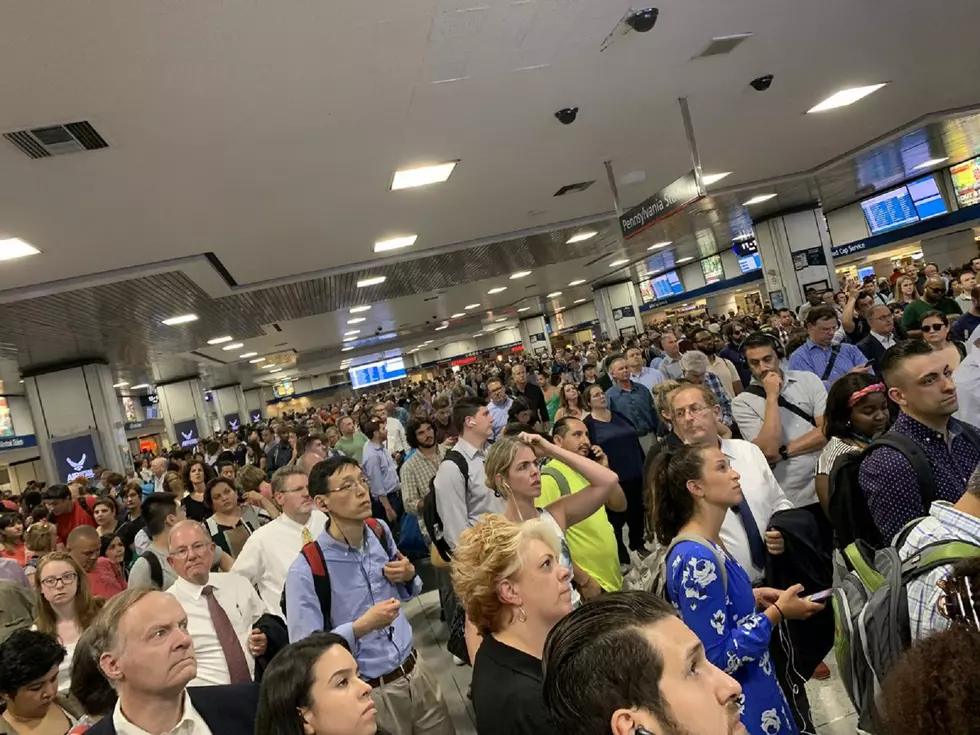![NJ Roadways are Getting More Congested [AUDIO]](http://townsquare.media/site/385/files/2014/05/RS3657_148421596.jpg?w=980&q=75)
NJ Roadways are Getting More Congested [AUDIO]
If it seems like it's taking a little more time to get to work these days, it probably is. As the New Jersey economy slowly continues to improve, more people are finding work and traveling to and from their job, and not surprisingly, traffic congestion is getting worse.
"We're seeing a lot more traffic on the roads - 2013 clearly had higher levels of traffic congestion than we saw the previous year," said the director of Policy and Research for The Road Information Program, Rocky Moretti.
The result, Moretti said, is that people are spending more time stuck in traffic, and they have less time at home with their families.
"The traffic congestion is also impacting business productivity because not only commuters are out there on the road, but so is the state's economy - when it takes more time to get places that means the costs go up," Moretti said.
Moretti said even as more people are using the roads, New Jersey is facing a wide spectrum of transportation challenges.
"We're seeing a lot of deficient bridges," he said. "About a third of its major roads also have pavements in poor condition so a lot of transportation bills are coming due."
So, how much extra time is the typical driver spending stuck in a jam?
"It generally runs between 40 to 50 hours annually, which means basically people are giving up a working week in additional time stuck trying to get places," Moretti said.
He also said later this year, unless the federal transportation program is re-approved by Congress, New Jersey stands to lose $1.5 billion annually in highway and transit funds.
"That would be devastating just as the state's economy is recovering," Moretti said. "It's critical that Congress gets to work this summer and passes legislation to provide for long-term transportation funding."
The Road Information Program is an organization that studies highway congestion.
More From New Jersey 101.5 FM









